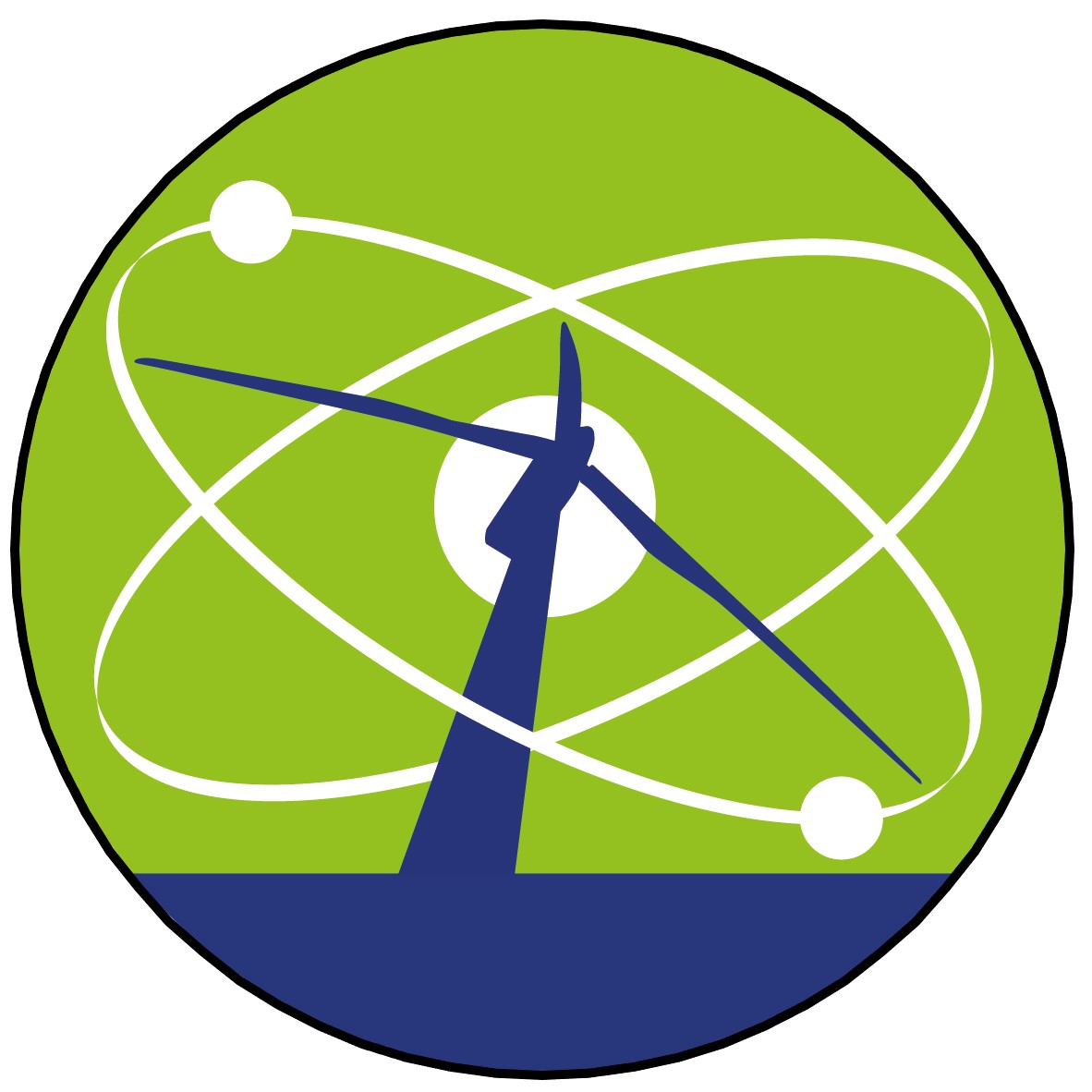Africa’s energy outlook Renewables as the pathway to energy prosperity
Africa is blessed with abundant natural resources, including renewable and non-renewable energy sources and critical minerals. The continent holds 125 billion barrels (bbls) of proven oil reserves (7.2% of global reserves)
1 and is home to 620 trillion cubic feet (tcf) of proven natural gas reserves (7.5% of global reserves). Furthermore, about 84% of gas reserves in the pre-production stage are in Africa.
2 This is timely, as the European Commission has endorsed natural gas as a “transition” fuel.
3 In addition to abundant fossil fuels, Africa has considerable potential in the renewable energy space. The continent is estimated to hold 60% of the world’s best solar (10TW), hydro (35GW), wind (110GW), and geothermal energy sources (15GW).
4 The International Energy Agency (IEA) estimates that Africa can produce 5 000 megatonnes of hydrogen annually, equivalent to the current total global energy supply annually.
5 Africa also boasts considerable deposits of raw minerals used in new energy technologies for electric vehicles, stationary energy storage, and green hydrogen (GH2) production. The Democratic Republic of the Congo (DRC) accounts for 70% of the world’s cobalt production, while South Africa provides 60% of global manganese supply, 75% of global platinum supply, and 40% of global palladium supply. Namibia is home to significant deposits of rare earth elements (REEs), including dysprosium and terbium. Mozambique is the world’s third-largest graphite producer.

















